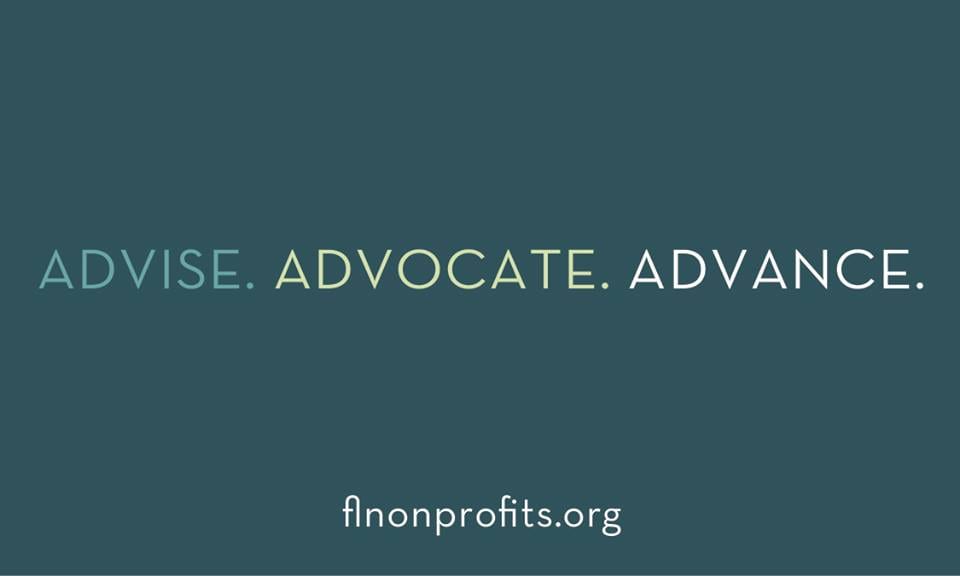Sabeen Perwaiz, the Executive Director of Florida Nonprofit Alliance, has always been involved in nonprofits, whether through volunteering or serving on boards. Since 2016, she has worked on behalf of nonprofits as an advocate with FNA. While working with the Jacksonville Chamber of Commerce on an initiative for workforce development, Perwaiz received the opportunity to join the organization.
“Our mission is to advance, advocate for, and advise nonprofits,” Perwaiz says of FNA, which is a member of the National Council of Nonprofits. “We are working to create partnerships the private sector, bringing visibility to the nonprofit sector to showcase our economic impact.” As an example of how FNA has generated this visibility, Perwaiz mentions the organization’s online data dashboard that shows economic impact of nonprofits on every county in Florida.
“Our mission is to advance, advocate for, and advise nonprofits.” – Sabeen Perwaiz
Advocacy is a major component of FNA’s mission. FNA encourages nonprofits to use their voices to advance their missions as well. Perwaiz says that her organization helps the nonprofit sector understand the difference between lobbying and advocacy.
“Nonprofits can be afraid to speak up in fear of jeopardizing their 501(c)3 status; we help them understand the difference between advocacy and lobbying and the boundaries,” Perwaiz explains. Most nonprofits do not have a staff member dedicated to government affairs, and they lack the resources to focus on advocacy. Yet being aware of and involved in public policy is important since policy affects Florida’s nonprofits. Decisions like this year’s new tax bill prompt questions and concerns.
“People are concerned about this year’s tax reform,” Perwaiz elaborates. “Will it reduce donations?” Her example showcases the complexity of variables nonprofits must consider as they look ahead. Perwaiz mentions that multiple humanitarian emergencies at the close of 2017 led to greater donations towards disaster relief but reduced the number of end of year charitable donations to non-disaster relief nonprofits.
Many Florida nonprofits still don’t know that FNA exists, and Perwaiz hopes that in the upcoming year, this will change. “We are still something of a secret, and we don’t want to be,” she says. FNA is a relatively new organization, founded only in 2012. The organization is considering an advertising campaign for Florida’s winter-only residents, who may not feel like they need to help nonprofits in a state that is not technically their home. FNA would like to survey the population to determine reasons for choosing to donate in home states rather than in Florida.
Perwaiz notes that nonprofits across the country are predicted to face a common challenge with succession planning, since many nonprofit CEOs are nearing retirement. Despite this potential threat to the sector, Perwaiz emphasizes that the nonprofit sector is resilient. In fact, nonprofits are often the consistent force for good in the midst of struggle. During the 2007-2009 recession, Perwaiz says that while funding and donations decreased statewide, the number of nonprofits actually grew in Florida.
“The nonprofit sector is always around in good or bad times,” Perwaiz says. “We take care of the people in the community through it all.”





